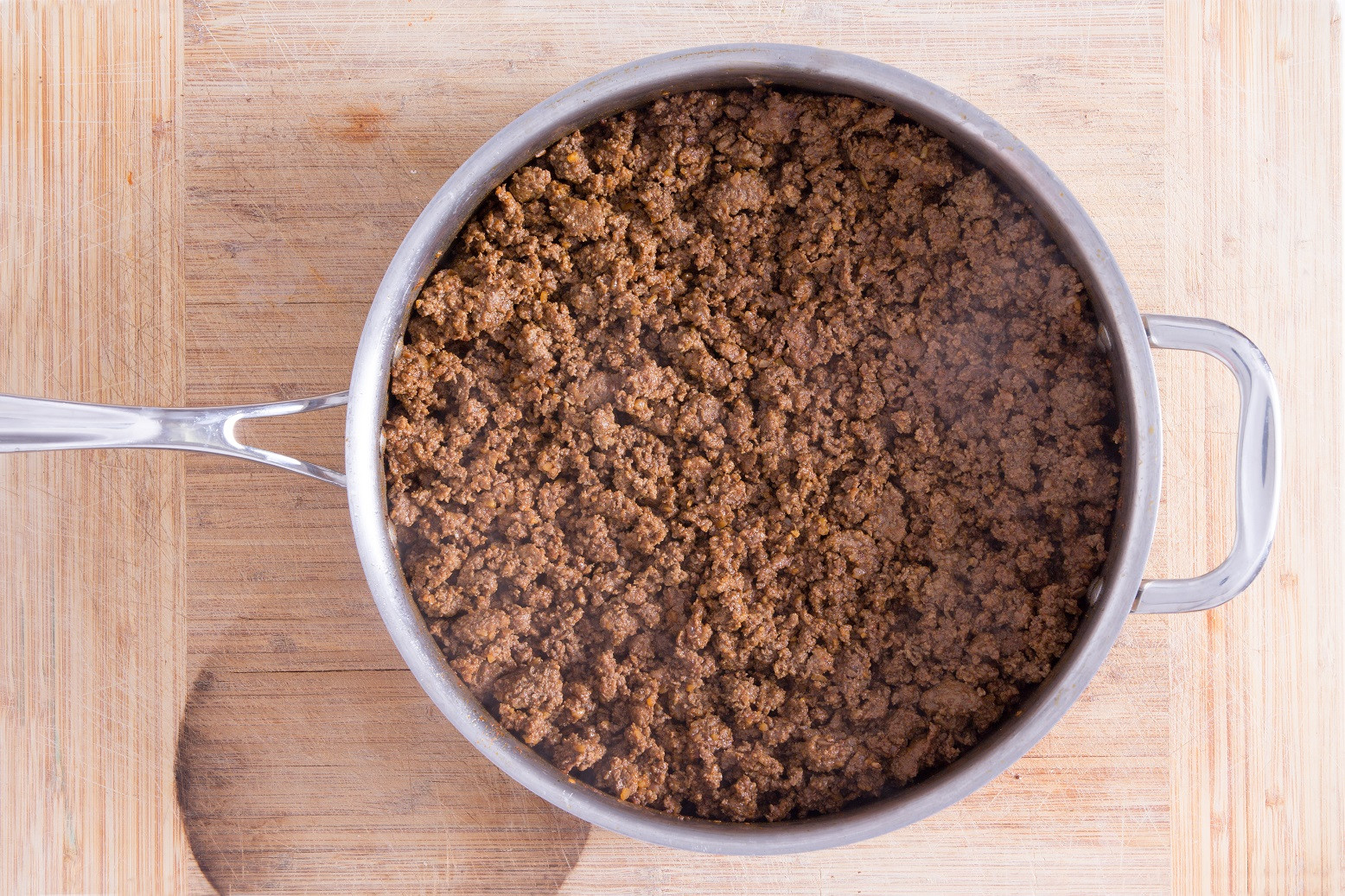Regenerative Agriculture, Series 1: Minimize Soil Disturbance
posted on
April 11, 2024
Have you heard of Regenerative Agriculture? It seems to be quite the buzzword going around in the agriculture world right now. Regenerative farming is all about improving the health of the soil. Over the years a vast amount of worldwide farmland degraded due to intensive farming. Now more and more people are learning about the benefits of Regenerative Agriculture.
One of the first principles of regenerative agriculture is “Minimize Soil Disturbance.” Tilling the land and the heavy use of fertilizer and pesticides are considered disturbing the soil. Epic Gardening stated, “Every soil organism serves a function, like making minerals available to plants or breaking down decomposing matter. But those organisms need a “home” to properly do their job. Whenever we break the dirt into pieces, we disturb or destroy the foundation of that “city,” virtually eliminating the “homes” where organisms live.” With a no-till method, you are keeping those organisms intact so they can do their job properly.
Tillage contributes to soil erosion. Once the soil is broken down into smaller particles it is easier to be blown away by the wind or washed away by heavy rains. Through this process, important nutrients are lost and more fertilizer is needed. Bachman Family Farms has taken great measures to reduce their tilling. In the past, they used to work the ground five times per year. Now, they seldom work the ground, which has deeply reduced erosion from the wind and rain. According to Dave Bachman, “A couple of generations ago, everything in the area, including our farm was deep moldboard plowed. That method is what caused the Dust Bowl of the Great Plains.”
Pesticides can harm soil microorganisms and nutrient cycling. This can lead to soil degradation and reduced agricultural productivity. Compensating for this issue may cause a reliance on fertilizers. One way farmers can reduce the use of pesticides is by crop rotation. Crop rotation makes weed and disease control much easier. While no-till is one of the biggest practices Bachman Family Farms uses to avoid destroying the soil profile, crop rotation is also practiced to make weed and disease control much easier on their farm.
Scientific data is proving the importance of minimal soil disturbance. It may seem overwhelming to change traditional farming practices, but it’s not impossible. More and more farms are learning about the importance of Regenerative Agriculture. It’s beneficial to farmers now, but even more important to future farmers. Taking small steps to be mindful of the health of the soil may very well be the key to the longevity of farming.



